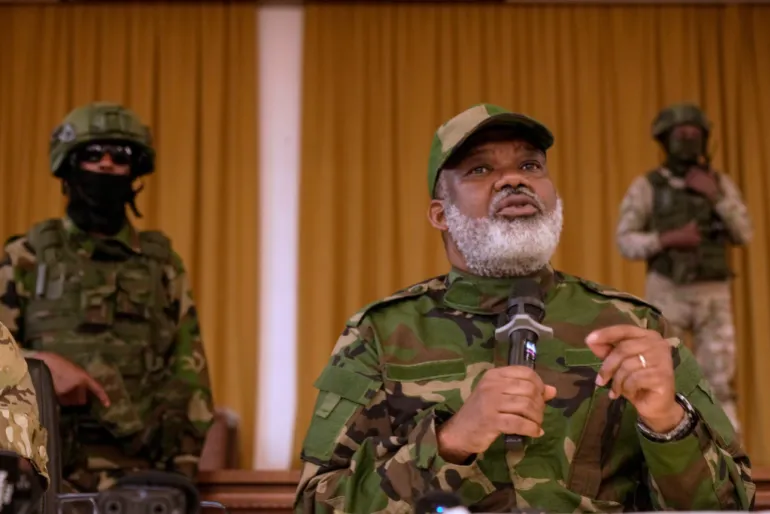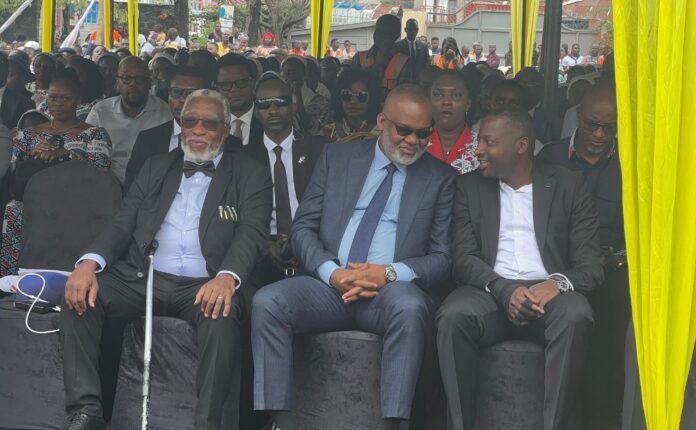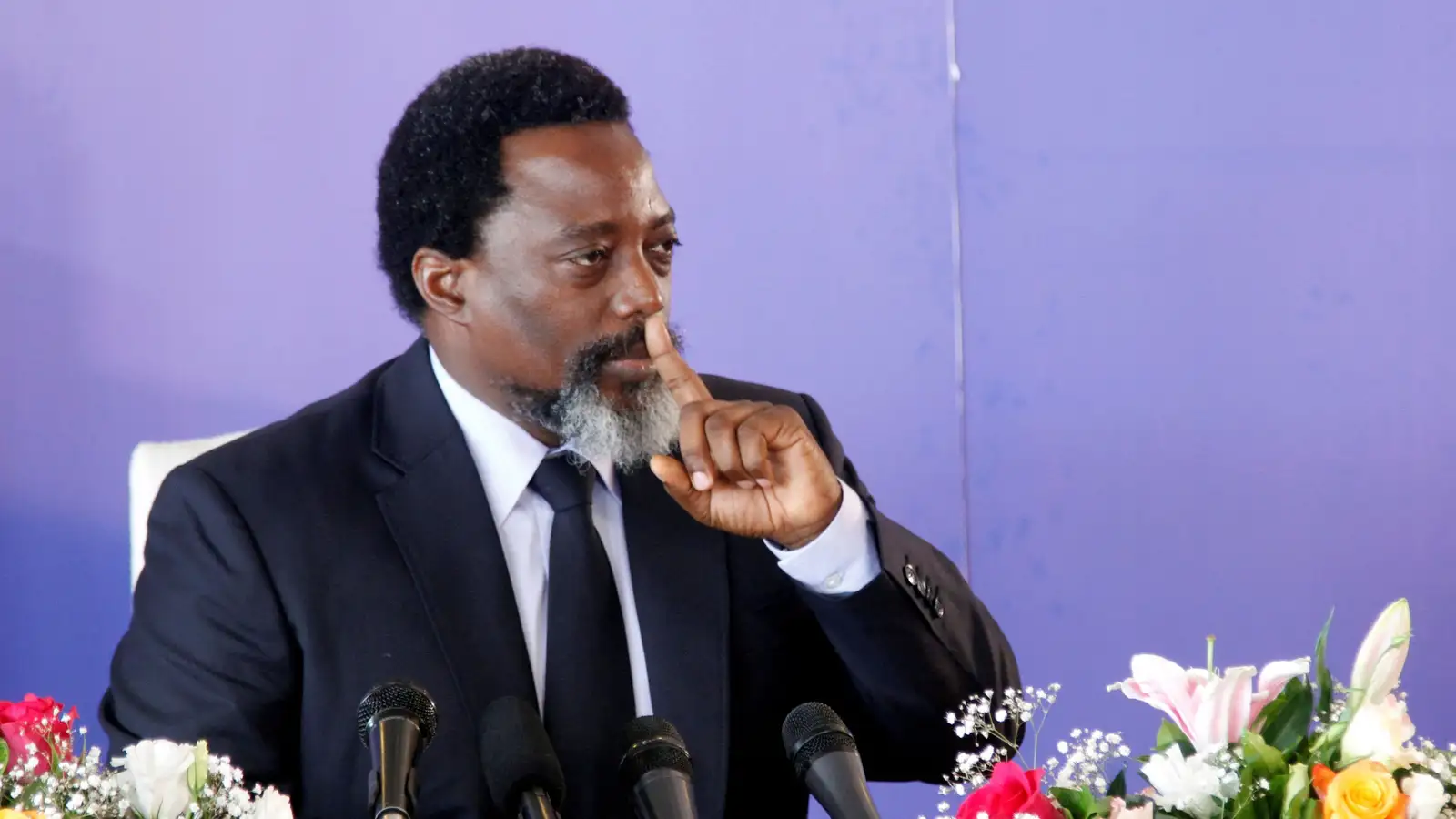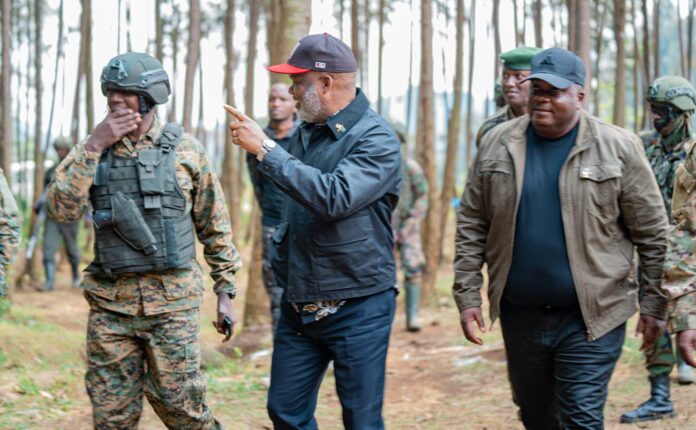Note: Company, Blog, Church websites are free.
The debate on identity and territorial belonging within the Democratic Republic of Congo (DRC) is becoming increasingly concerning. The fundamental question remains: who has the right to claim belonging to Congo, and on what basis?
Leopold’s Congo found us on our lands. Our ancestors lived here long before the arrival of the colonizers and the artificial creation of current borders. If today some believe that we do not have a place here, then it is Congo that should leave and let us remain on our ancestral lands. It is inconceivable that we should sacrifice our roots and identity to satisfy the tribalist visions of a few influential groups based in Kinshasa.
Currently, we are witnessing a worrying rise in violence against Swahili-speaking populations in Kinshasa. Congolese citizens are being hunted, discriminated against, and ostracized simply because they speak a different language. Should we not remind everyone that Congo is a country of multiple ethnicities and languages? Should we not emphasize that linguistic and cultural diversity is a strength, not a threat?
I, who speak Kinyabwisha, Kinyarwanda, and Gifumbira am I any less Congolese than others? Why should the legitimacy of being Congolese be dictated solely by the inhabitants of Kinshasa? Since when does a city become the arbiter of national identity in a country as vast as the DRC?
The Kinois who exclude and discriminate against other Congolese are they behaving like the grandchildren of Leopold? Even Leopold II, when he took over the territory, did so through force and coercion. Today, some wish to impose a new form of occupation, not foreign but internal, based on exclusion and intolerance.
Congo is a country rich in its diversity, and it is time to recognize that all its people have the right to live in peace, without fear of being hunted or discriminated against due to their language or ethnic origin. The country’s future depends on its ability to embrace all its components and reject artificial divisions.
The question remains: do we want a Congo where all its citizens are equal, or a state where some feel more legitimate than others? The choice is crucial for the future of our nation



